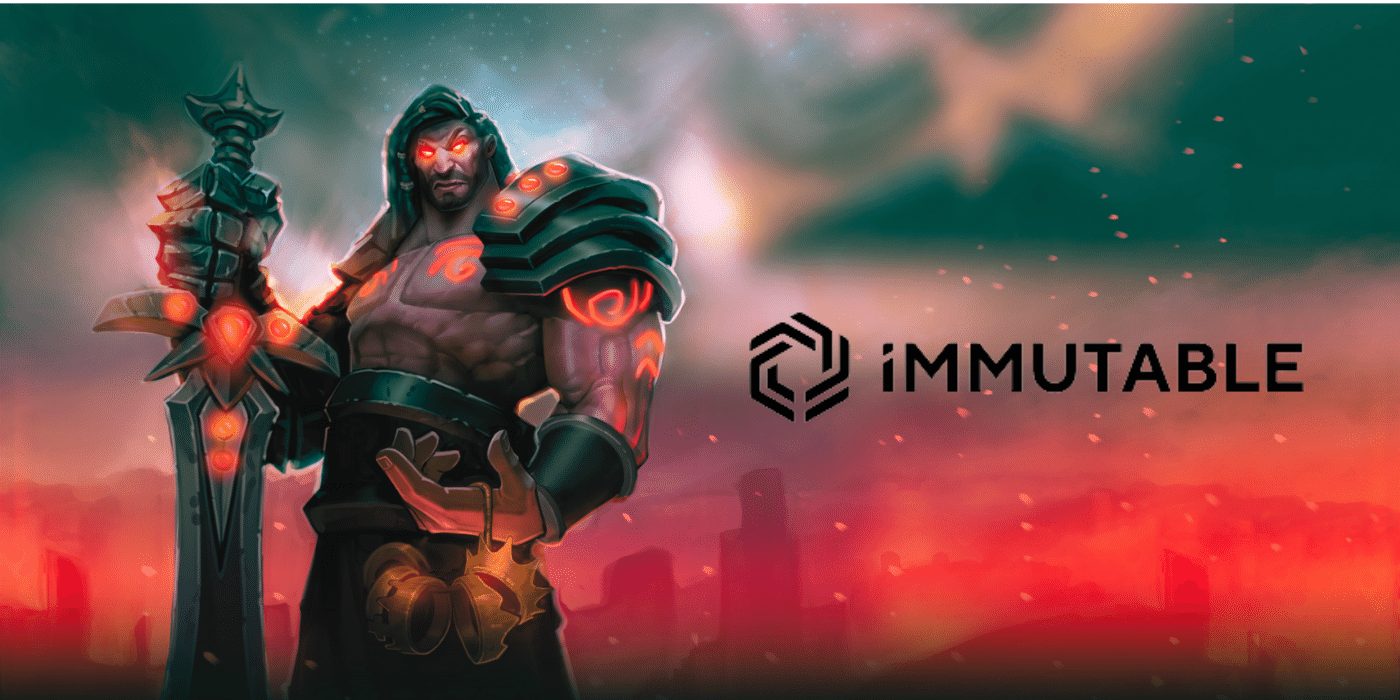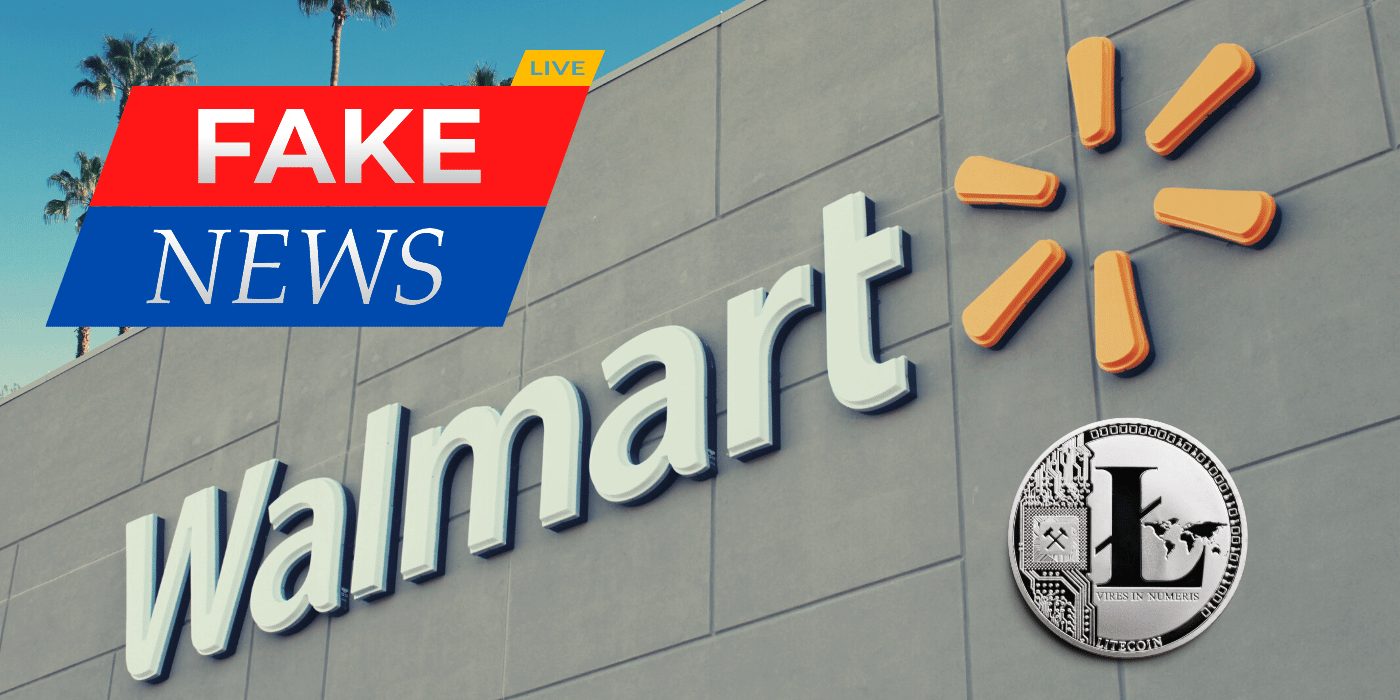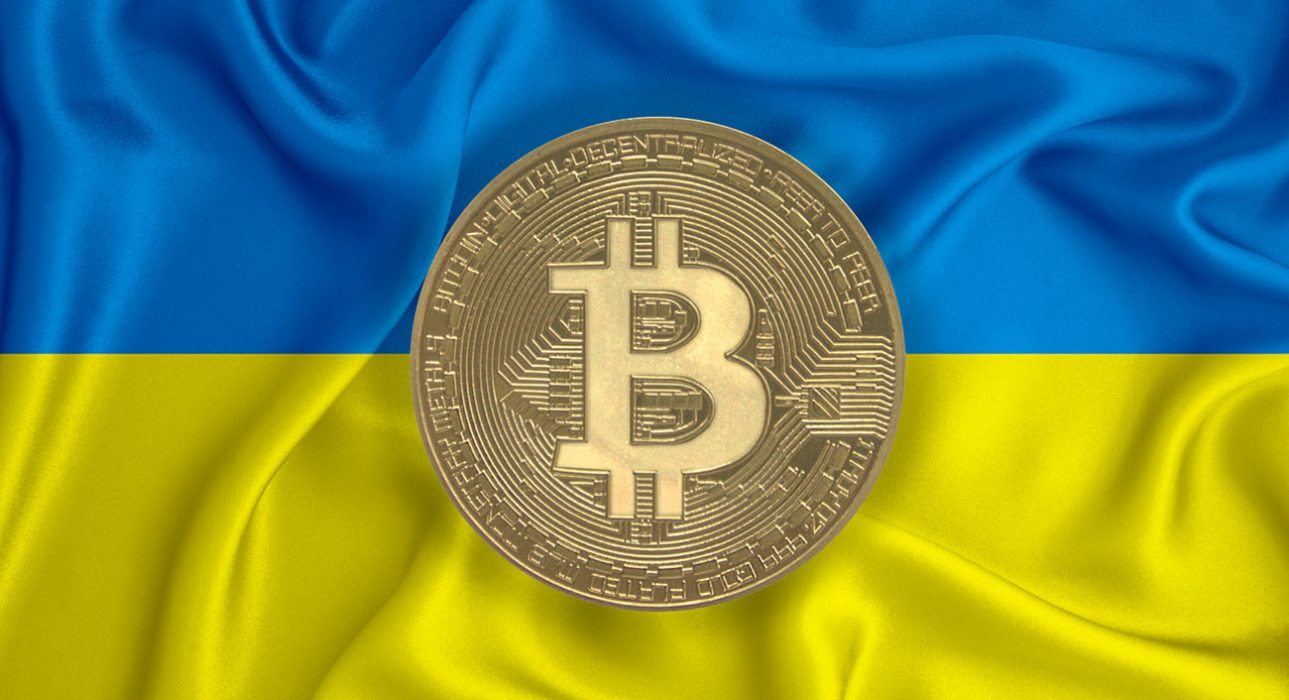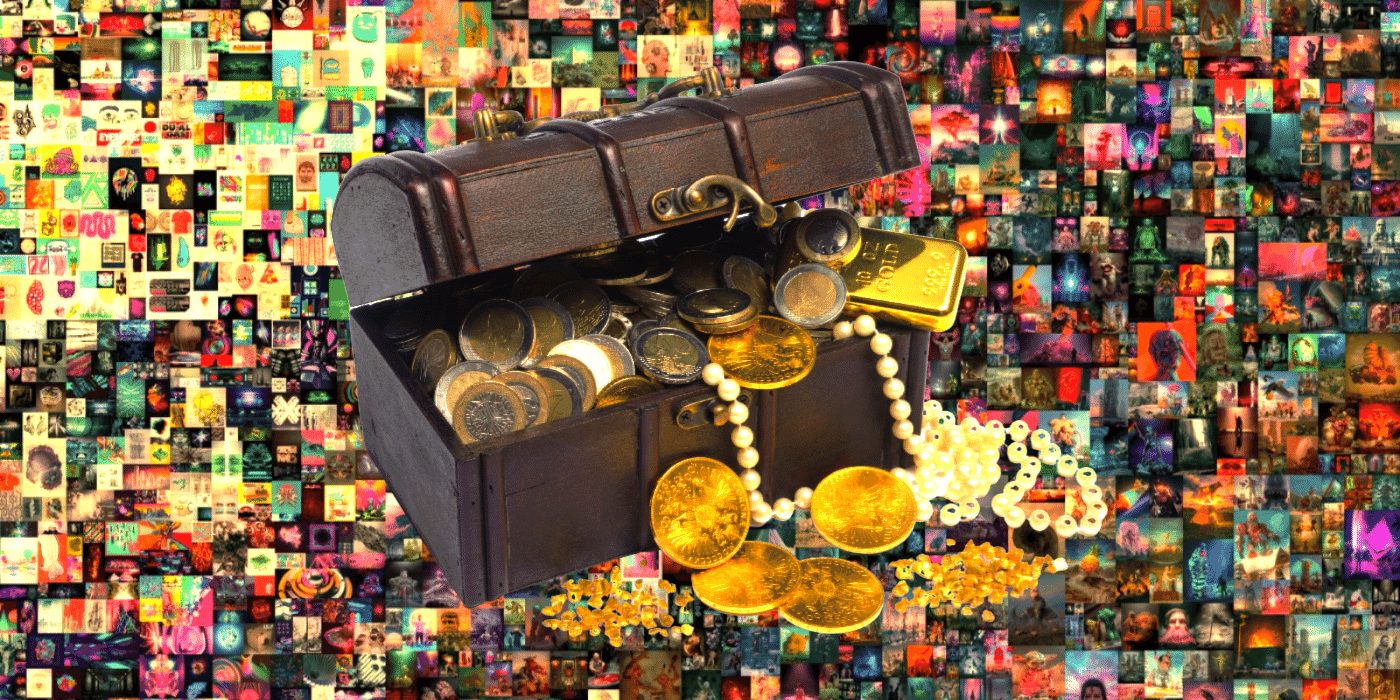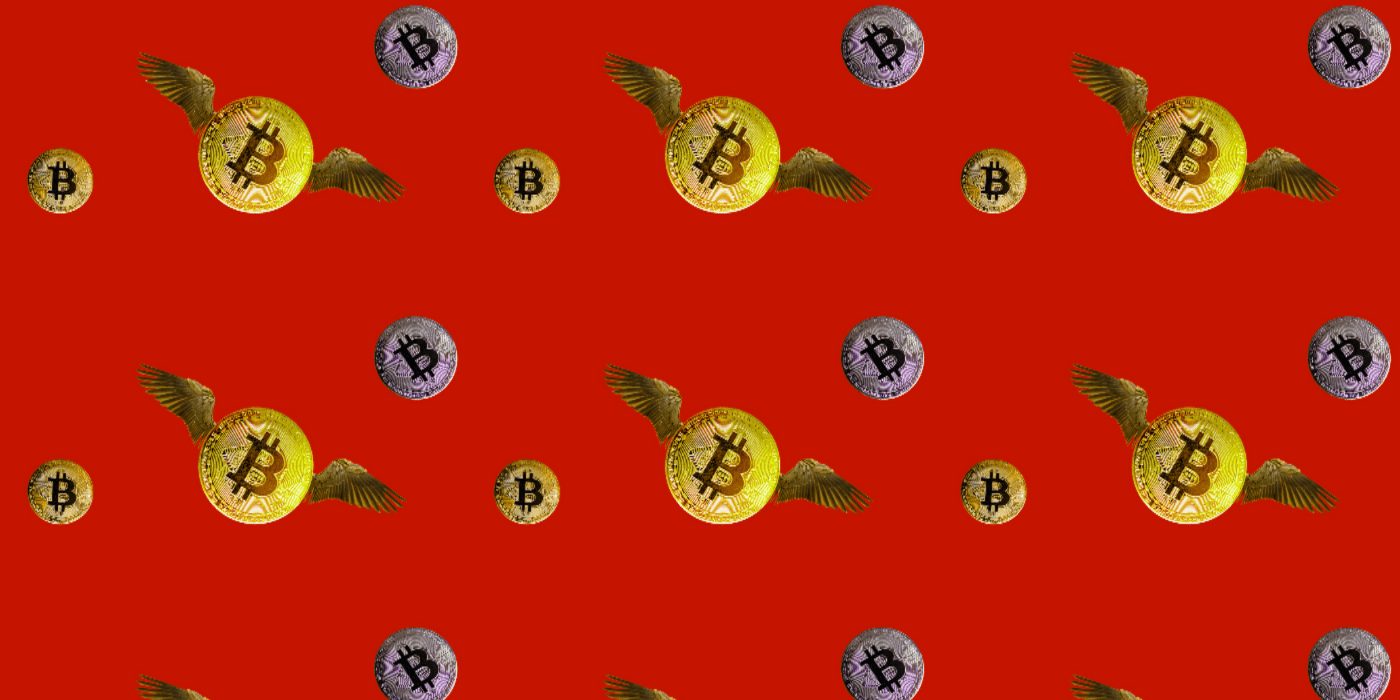The one-party socialist government of landlocked South-East Asian country Laos has green-lit six domestic firms to trade and mine cryptocurrencies.
As named by government mouthpiece The Laotian Times, the companies that have been licensed are Wap Data Technology, Phongsubthavy Road & Bridge Construction, Sisaket Construction, Boupha Road-Bridge Design Survey, Phousy Group and Joint Development Bank. Only the latter, a state-backed lender, appears to have any financial background.
Most of the others are construction or infrastructure-related firms. Phousy Group, for example, has been active in road and bridge building in Laos since 1998, mainly as a favoured contractor to the Laotian government.
All six companies have been given permission to trial mining and trading of digital assets including bitcoin, ethereum and litecoin. A commission led by the Laotian Ministry of Technology and Communication will set out a regulatory plan to be scrutinised by the country’s prime minister, Phankham Viphavanh, this week.
After Banning Crypto in 2018, Laos Changes Its Tune
The announcement comes less than a month after Laos’s central bank issued a warning to the public against trading digital tokens. The government issued a decree that effectively banned crypto in 2018 and repeated its stance as recently as last month.
The country’s rediscovered enthusiasm for cryptos follows the crackdown earlier this year on bitcoin mining by Laos’s nearest and biggest neighbour, China, ostensibly on power consumption grounds.

What Laos has going for it is that it is a hydro-electric superpower, making it an ideal potential home for power-hungry crypto miners. Its economy is based on harnessing hydro electricity from the country’s extensive river system and exporting two-thirds of its reserves to neighbouring countries Thailand, China and Vietnam.
Crypto Mining: A Ready Antidote to Foreign Debt?
For that reason alone, Laos is seen by the World Bank as one of the Pacific region’s fastest-growing economies, with annual GDP growth averaging 7.4 percent since 2009, though the nation is also mired in foreign debt.
Government powerbrokers may have one eye on developments in El Salvador, which officially made bitcoin legal tender this month and plans to harness the Central American republic’s abundant geothermal energy, derived from its many volcanoes, to mine bitcoin. Based on the current BTC price, this could earn the Salvadorean government more than A$1 billion per year.


